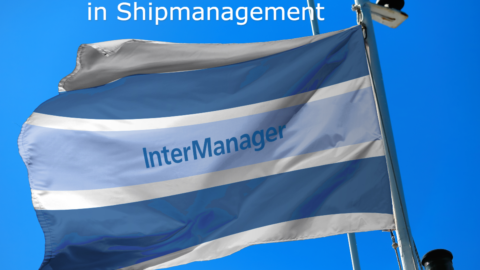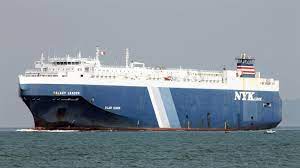Banks are set to take tougher action against distressed shipowners this year, leading to a rise in loan foreclosures and lenders taking possession of vessels, shipping experts say.
The move will mean more business for third-party ship managers, firms that take on the day-to-day management of vessels, including crewing, repairs and provisions, in return for a fee.
Deepak Honawar, Wallem Shipmanagement director, said: “There has been a lot of interest from banks. We’ve got banks taking over ships and we take over the management. Banks are waiting for asset values to increase when they will probably offload the ships.
“We currently have 21 bank-related vessels in management plus another 15 bank-related workouts that could come into management in the near future.”
Wallem is among the ship managers tipped to take over the running of eight tankers that are being repossessed by HSH Nordbank from US-listed Greek owner Omega Navigation.
Hong Kong-headquartered Wallem, and firms such as Anglo-Eastern Ship Management, V.Ships, Bernhard Schulte Shipmanagement, Univan and Fleet Management, are among the largest ship management firms globally.
Shipowners have been badly hit by a shipping industry downturn that began in 2008 as a raft of new vessels hit the waters, creating double-digit tonnage growth that massively outpaced single-digit growth in cargo volumes. As a result, charter rates for tankers and large dry cargo ships carrying iron ore and coal are now failing to cover vessels operating on some routes.
Owners’ cash reserves are evaporating, operating revenues have fallen and operating costs, including fuel and crew wages, are rising. This has put owners at great risk of defaulting on loans or breaching loan covenants. Brightoil Petroleum, which has loans outstanding for five massive supertankers it ordered from a South Korean shipyard, said on Wednesday that the covenant on one loan had been breached, allowing lenders on that and other loads to immediately demand the outstanding principal amount and interest.
Bjorn Hojgaard, Univan Ship Management chief executive, said: “With the markets being what they have been for the last couple of years there is no doubt that many owners are [in] or will default and that banks will have to repossess assets. This already happened to quite a large extent last year and to some extent in 2011, and it will continue in 2013.
“We have a few ships for banks and would not mind growing this segment. As I see it banks are not bad owners at all.”
Hojgaard said that when a bank took ownership of a vessel they needed a third-party manager to take over the running of the ship because they did not have their own organisation.
“Even though they can be as cost conscious as any other owner, there is normally sufficient financial strength so that our worry about funding is less,” he added.
One banking insider said lenders pursuing bad loans now preferred to repossess vessels rather have ships arrested by Admiralty courts and subsequently sold at auction, and this was for two reasons. “First, the banks only receive a fraction of the outstanding loan amount at auction. Second, the sale price not only sets a new, usually lower, benchmark value for whatever type of ship is involved, but in the process lowers the book value of the ships in the bank’s shipping loan portfolio,” the banking source said.
He added that if a bank repossessed a ship it could give it to a ship manager to run before selling it in two or three years when market conditions were expected to improve.
Albert Stein, head of the shipping team at corporate restructuring specialist AlixPartners, said ship management firms with global reach would be of interest to banks planning to repossess vessels. Banks would also look at managers that could offer a range of other services, including ship sale and purchase and chartering.
AlixPartners, which will expand its presence in Asia, is involved with the Omega takeover but Stein would not comment on Wallem’s possible involvement. Stein said that in the Omega case ship managers would have to have the resources to supply crews to eight ships as soon as the banks took over management. This could involve the immediate provision of about 200 seamen, from captains and chief engineers to junior ranks.
Julian Wilkinson, a partner in accountancy and shipping consultancy firm Moore Stephens, said: “In 2013, the banks will exert more control over the shipping industry as debt-to-equity ratios deteriorate.”


